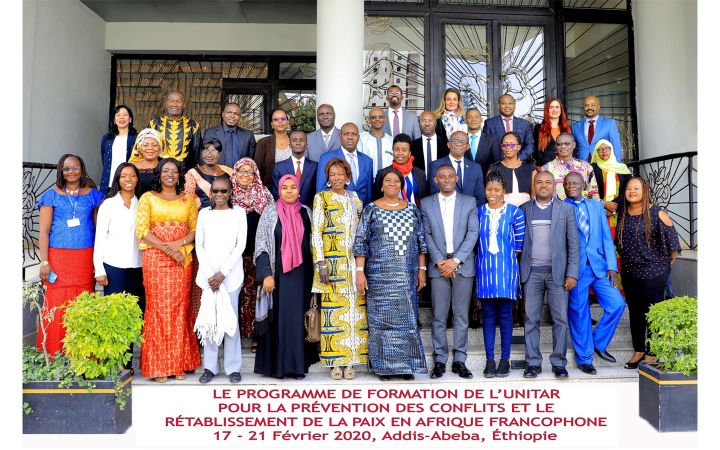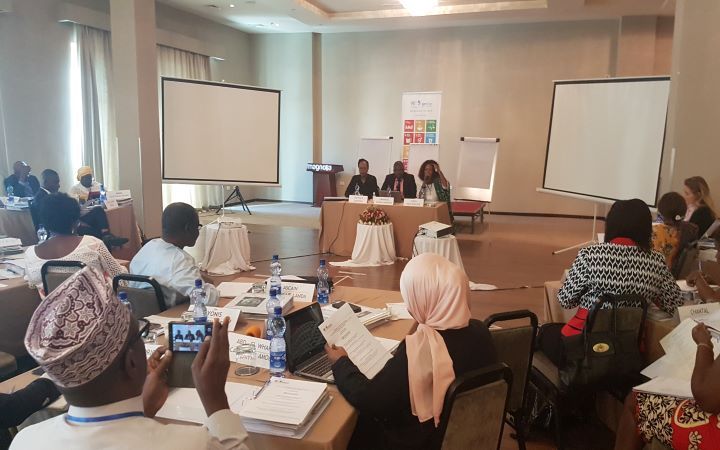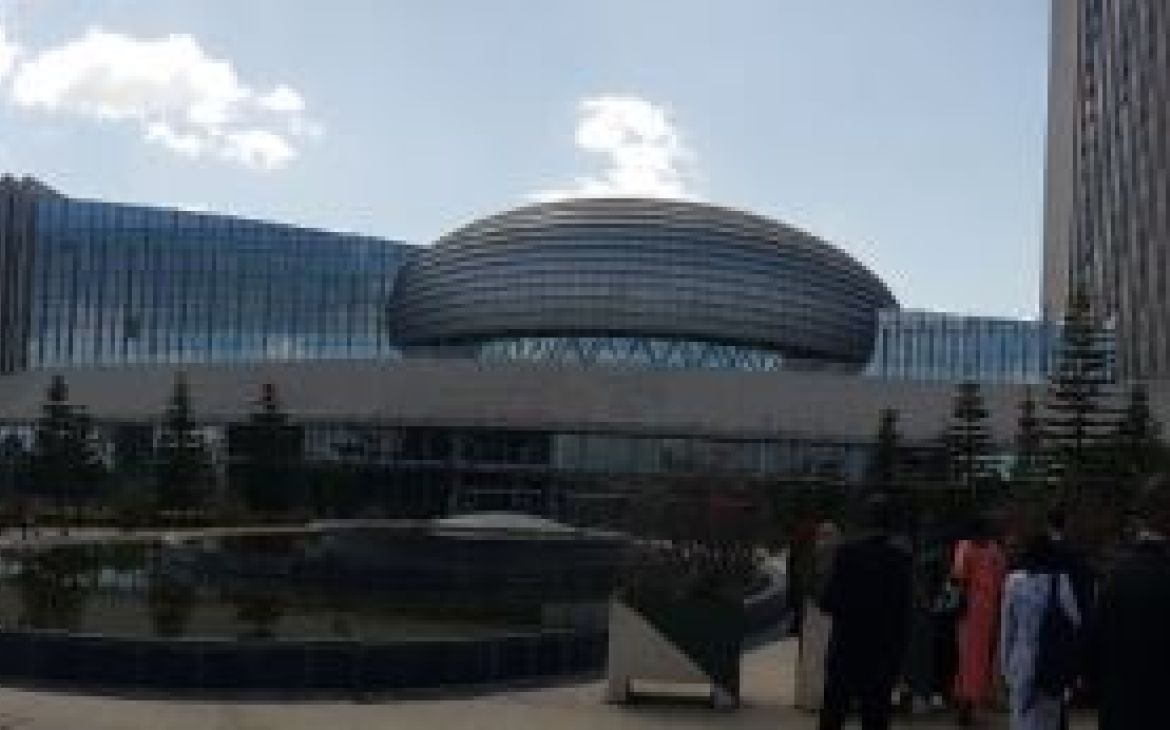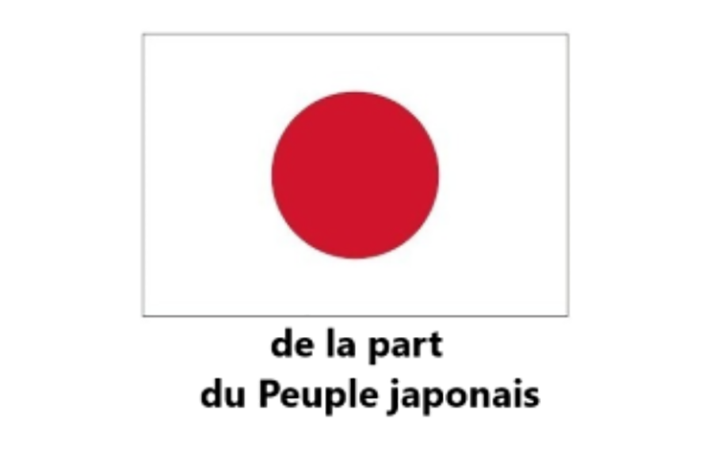Strengthening Key Capacities in French-Speaking Africa
Negotiating for peace, and engaging in dialogue to address challenges is a top priority for Africa – a continent that has made a commitment to “Silencing the Guns” and building sustainable peace. With recent instability observed some of the French-speaking regions and countries of the continent, the UNITAR Training Programme in Conflict Prevention and Peacemaking for French-speaking Africa, with a special focus on Central Africa, was most welcomed by the participating officials from Ministries of Foreign Affairs, Offices of the President, and other Governmental Departments, United Nations and African Union staff and civil society. Thirty-one mid and senior-level Francophone female and male participants successfully completed this continental-level intensive training programme. Female officials and representatives composed fifty-two percent of those trained.
The participating officials learned how to engage in an interest-based negotiation process which seeks to analyze and understand the deep needs and concerns of the different parties, and to engage in creative problem-solving to achieve win-win solutions that can help build a long-term cooperative relationship. Participants came out of the training with an increased awareness of conflict prevention and resolution through political dialogue as well as enhanced skills and knowledge to contribute to lasting peace.
An intensive French-speaking training programme for Africa
In the session “Conflict Resolution is Good but what about Peace?”, the participating female and male officials also engaged in an in-depth discussion on how to make peace durable. Participants also presented their contributions to the implementation of Resolution 1325 in the session dedicated to Women, Peace and Security.
A half-day study-visit was organized to the African Union Commission Headquarters where participating officials received a warm welcome and briefing session from senior African Union leadership working on conflict prevention and peacemaking on the continent.
The female and male participants, selected through a very competitive process from among over 200 officially nominated applicants, exchanged their experience and knowledge and formed a network of peacemakers which was one of the most important outputs of the training programme. They were accompanied and facilitated by a number of renowned female and male experts specialized in peacemaking, conflict prevention and negotiation methodologies.
Financial contribution from the People of Japan
Funding for the UNITAR Training Programme was provided by the People of Japan through the Ministry of Foreign Affairs of Japan. UNITAR and the female and male participating officials are very grateful for this support which made this much-requested Training Programme conducted in French a reality.





